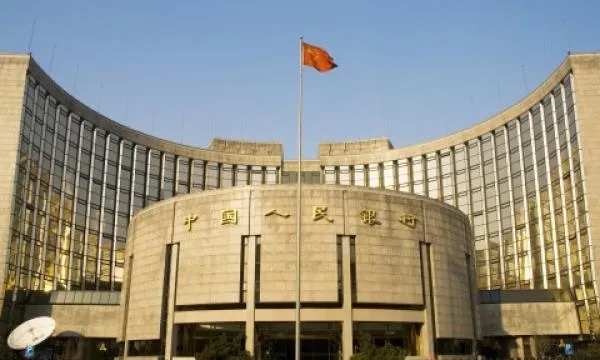
Coronavirus drags on Chinese leasing firms' profits
Those with no parent banks to bail them out will be the most severely impacted.
The disruption caused by the coronavirus outbreak has weakened the asset quality and hurt the profitability of Chinese leasing companies, particularly those exposed to transport sectors, according to a report by Moody’s Investors Service. In particular, smaller leasing companies will suffer as they will not enjoy any support from any large banks.
"Leasing companies are primarily exposed through their large exposure to aircraft leasing, which has been severely disrupted by the coronavirus outbreak, with the impact exacerbated by the strong growth in aircraft leasing assets in recent years," noted David Yin, a Moody's vice president and senior analyst.
"We expect the impact for leasing companies owned by large banks will be offset by parental support, but smaller leasing companies will be vulnerable to deterioration in credit metrics absent such support," he added.
The China Banking and Insurance Commission has required the large parent banks of Chinese leasing companies to provide liquidity and capital support in times of stress. The leasing companies’ operation is also closely integrated with their parent banks, which further reinforces support, said Moody’s.
But the companies' deteriorating aircraft leasing businesses will weaken their asset quality, profitability and capital position.
Another transport leasing asset putting pressure on companies are their truck leasing assets, with many truck drivers having lost income following the implementation of stringent traffic controls. However, the gradual resumption of business activity since March will help reduce repayment difficulties of truck companies and drivers.
The broader economic slowdown will also weigh on the performance of privately-owned enterprises and small- and medium-sized enterprises (SMEs), and in turn on leasing companies, especially in view of the government's directive for financial institutions to continue their funding support to sectors affected by the outbreak, the report concluded.






![Lorem Ipsum [ABF 1]](https://cmg-qa.s3.ap-southeast-1.amazonaws.com/s3fs-public/styles/exclusive_featured_article/public/2025-03/a_hand_pointing_to_a_futuristic_technology_5b87c9d0e3_1.png.webp?itok=2w0y1WhS)


![Cross Domain [Manu + SBR + ABF + ABR + FMCG + HBR + ]](https://cmg-qa.s3.ap-southeast-1.amazonaws.com/s3fs-public/styles/exclusive_featured_article/public/2025-01/earth-3537401_1920_4.jpg.webp?itok=WaRpTJwE)








 Advertise
Advertise

